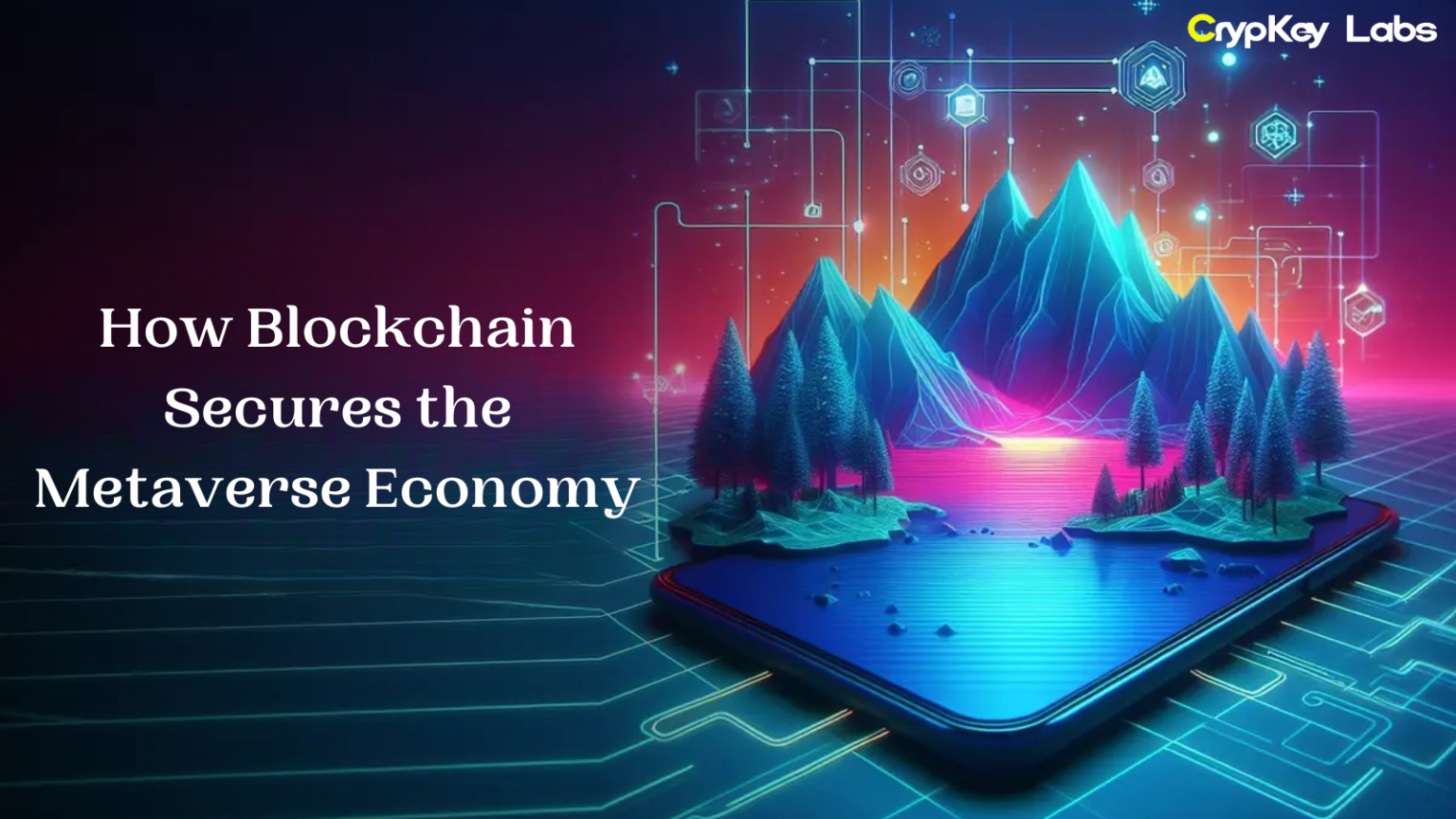The metaverse, a blend of physical and virtual reality, is rapidly transforming the way we interact, work, and trade in digital spaces. With its growing prominence, the need for robust security mechanisms to support the metaverse economy becomes paramount. This is where blockchain technology steps in, offering unmatched solutions to protect digital assets, secure transactions, and foster trust in this evolving landscape.
What is the Metaverse Economy?
The metaverse economy refers to the financial ecosystem within virtual worlds where users can get, sell, and trade digital assets such as virtual real estate, collectibles, and services. It thrives on decentralization, with cryptocurrencies and NFTs (Non-Fungible Tokens) acting as key drivers.
In this economy, users engage in activities like purchasing virtual properties, attending events, or selling their creations, much like in the real world. However, the entirely digital nature of these transactions creates a unique set of challenges that demand innovative solutions.
The Challenges of Securing the Metaverse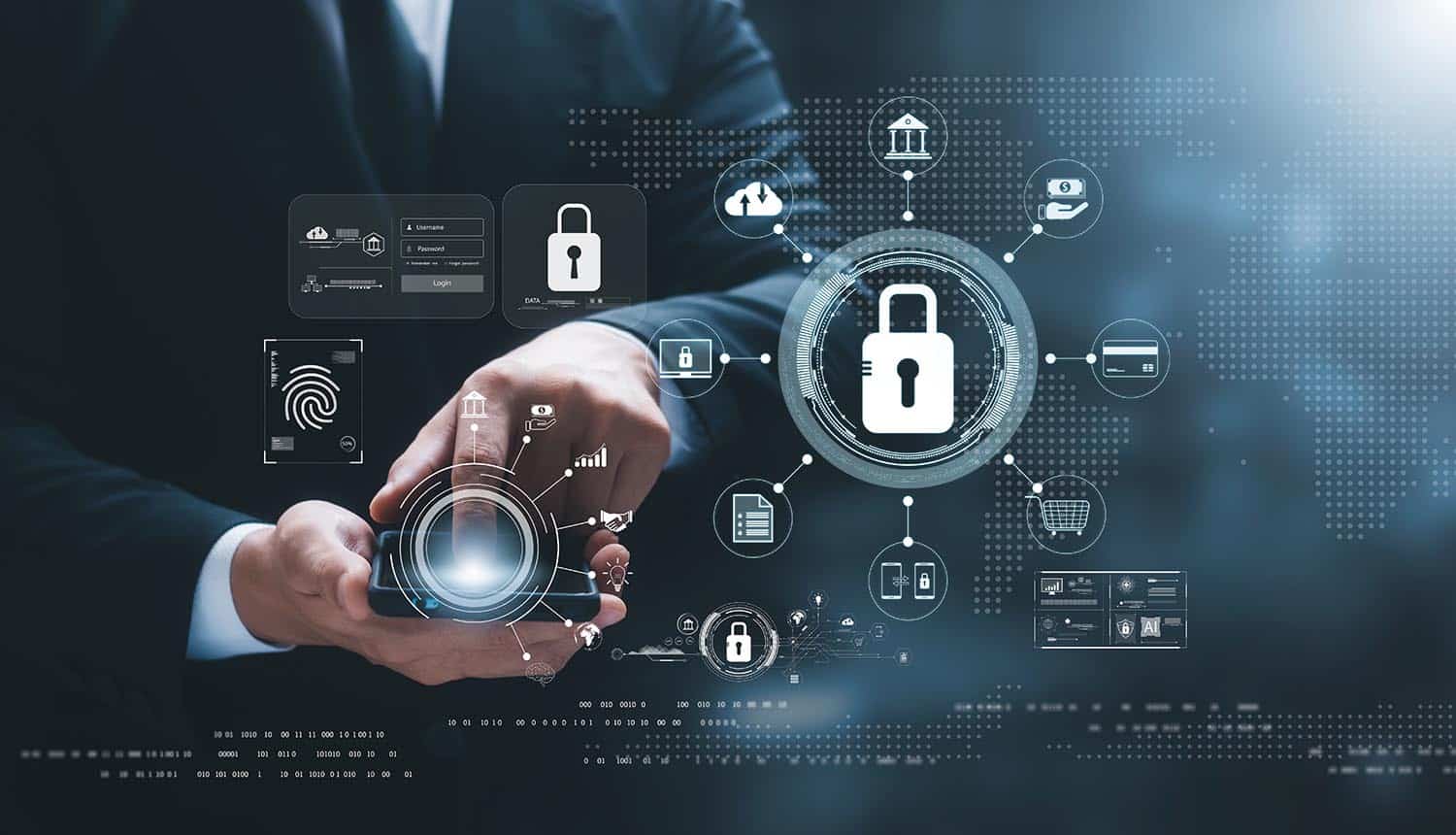
The metaverse, while promising, faces significant security challenges:
- Data Privacy Concerns: Immersive environments collect vast amounts of user data, including personal details and behavioral patterns. Protecting this data is a top priority.
- Fraud and Hacking Risks: Counterfeit digital assets and unauthorized access pose serious threats to users and platforms alike.
- Transparency Issues: Traditional systems often lack the trust and accountability necessary for secure interactions in a decentralized economy.
Without adequate safeguards, these vulnerabilities could undermine user confidence and slow the adoption of the metaverse economy.
How Blockchain Technology Secures the Metaverse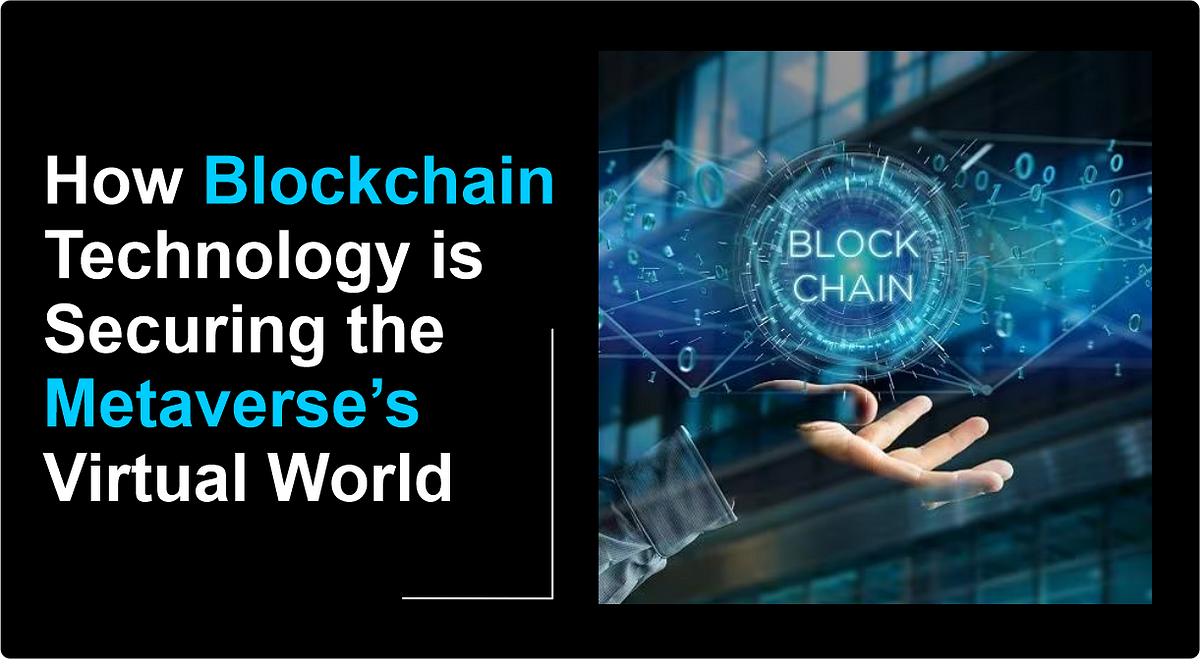
Blockchain technology is emerging as the backbone of the metaverse, addressing its most pressing security concerns through decentralization, transparency, and immutability. Here’s how it works:
1. Decentralization for Trustless Systems
Blockchain removes intermediaries by decentralizing data and transactions. In the metaverse, this means users can interact directly without relying on a central authority, ensuring trust and security.
For example, when purchasing virtual land, blockchain ensures that the transaction is recorded on a distributed ledger, making it verifiable and tamper-proof.
2. Immutable and Transparent Transactions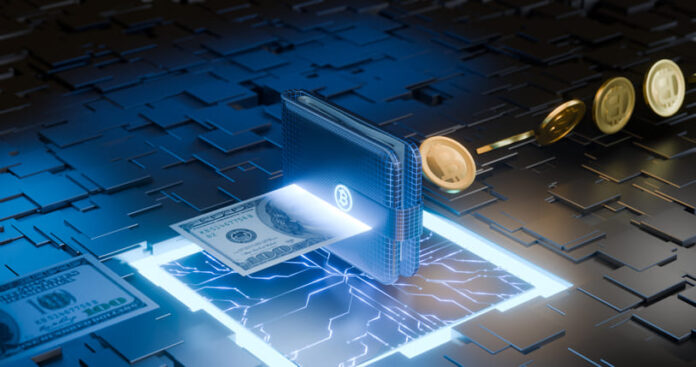
The blockchain ledger is immutable, meaning once a transaction is recorded, it cannot be altered. This transparency is vital in preventing fraud and ensuring accountability.
Imagine trading virtual collectibles in the metaverse. Blockchain ensures that every transaction is publicly traceable, eliminating doubts about authenticity or ownership.
3. Ownership and Authentication of Digital Assets
NFTs play a pivotal role in proving ownership of digital assets. These tokens are unique and cannot be duplicated, making them ideal for securing virtual goods, artworks, and real estate in the metaverse.
For instance, if you own a piece of virtual land in a blockchain-based world like Decentraland, your ownership is cryptographically secured, and no one can claim it without your permission.
4. Smart Contracts for Automated Transactions
Smart contracts are self-executing agreements coded on the blockchain. They streamline processes such as renting virtual properties, conducting business transactions, or managing royalties for digital creations.
In the metaverse, smart contracts can automatically transfer payments to creators when their digital assets are sold, ensuring fairness and efficiency.
5. Data Encryption and Privacy
Blockchain employs advanced encryption techniques to protect user data. This is crucial in safeguarding identities and sensitive information in virtual reality (VR) and augmented reality (AR) settings.
For example, blockchain can enable secure login mechanisms where users retain control over their credentials, reducing the risk of identity theft.
Examples of Blockchain in Action Within the Metaverse
Several projects illustrate how blockchain is already securing the metaverse economy:
- Decentraland: A virtual world where blockchain secures real estate ownership and facilitates transparent transactions.
- Axie Infinity: A play-to-earn gaming ecosystem leveraging blockchain to ensure fair gameplay and asset ownership.
- The Sandbox: A decentralized platform that allows users to create, own, and monetize virtual experiences, with blockchain ensuring asset authenticity.
These projects demonstrate the tangible benefits of integrating blockchain into the metaverse.
Benefits of Using Blockchain in the Metaverse Economy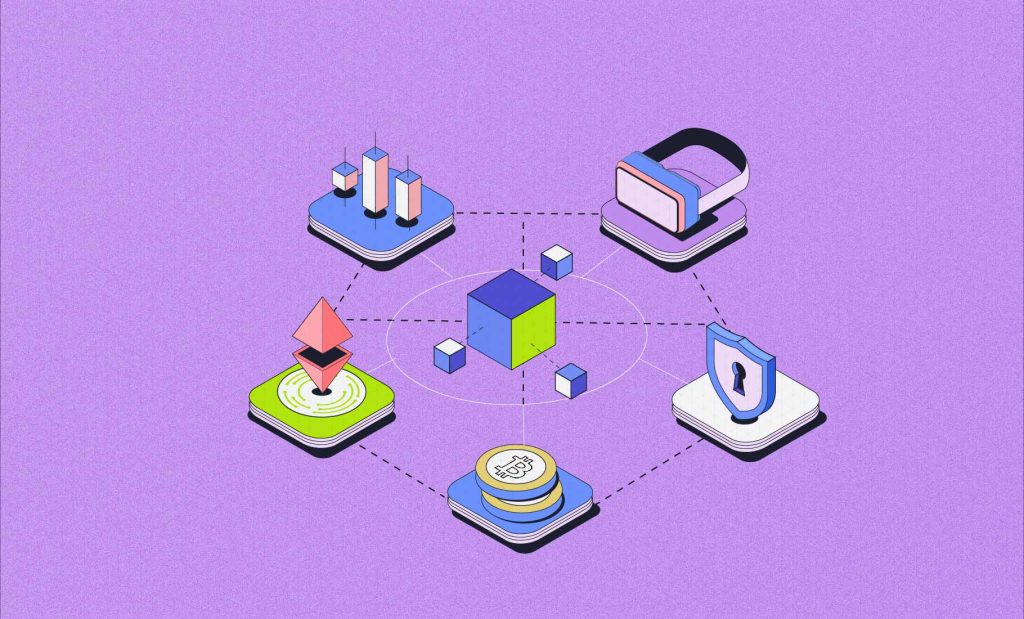
Integrating blockchain into the metaverse provides numerous advantages:
- Enhanced Security: Blockchain’s decentralized and encrypted nature safeguards transactions and assets.
- Increased Transparency: Public ledgers ensure all activities are traceable and verifiable.
- Reduced Fraud Risks: Immutable records prevent unauthorized alterations and counterfeit items.
- User Empowerment: Individuals have full control over their digital assets and data.
These benefits collectively create a more secure, trustworthy, and user-friendly metaverse.
Future of Blockchain in the Metaverse Economy
As the metaverse evolves, the role of blockchain is expected to expand further. Here are some emerging trends to watch:
- Web3 Integration: Decentralized web technologies will enhance user control and interoperability in the metaverse.
- Tokenized Economies: Cryptocurrencies and NFTs will increasingly power virtual economies, enabling seamless cross-platform transactions.
- AI and Blockchain Synergy: Artificial intelligence, combined with blockchain, could offer predictive analytics and automated decision-making for metaverse operations.
These advancements will likely solidify blockchain’s position as the foundation of a secure metaverse economy.
Conclusion
The metaverse represents an exciting frontier for digital interaction, creativity, and commerce. However, its success depends on addressing significant security challenges. Blockchain technology, with its decentralization, transparency, and security features, is the ideal solution to these challenges.
By securing transactions, protecting digital assets, and fostering trust, blockchain is not just a technological innovation—it is a necessity for the metaverse economy’s sustainable growth. As the metaverse continues to expand, embracing blockchain will be key to building a secure and thriving digital future.

